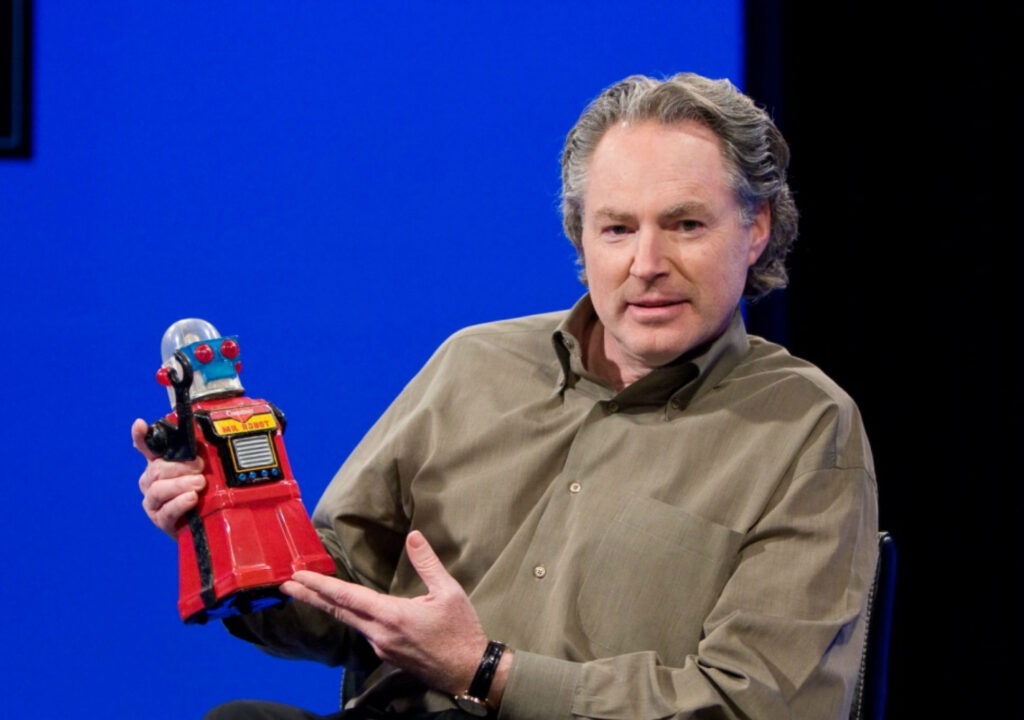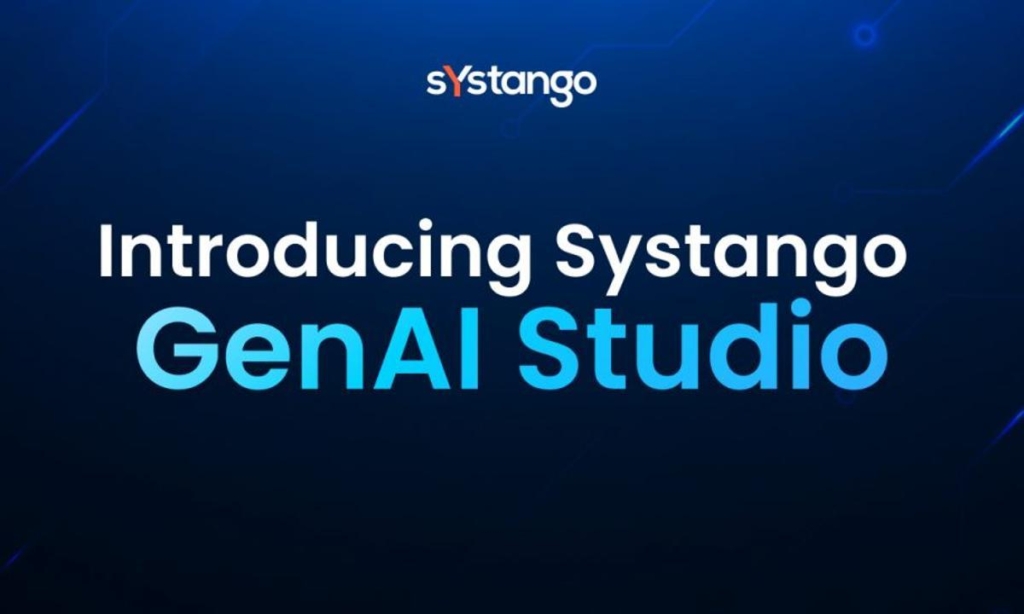Eric Horvitz, Microsoft’s chief scientific officer, believes that artificial intelligence (AI) has the potential to be a force for good in the world.
However, he also believes that there are risks associated with AI, and he has called for a responsible approach to its development and use.
In a blog post published on May 30, Horvitz discusses the future of AI and announces a series of essays written by AI experts who were given early access to OpenAI’s GPT-4 before its public launch.
Horvitz writes that he was surprised by the capabilities of GPT-4 when he was given access to it in 2022. He notes that GPT-4 is able to interpret intentions and provide sophisticated answers to numerous prompts, which he says “felt like a ‘phase transition,’ evoking imagery of emergent phenomena that I had encountered in physics.”
Horvitz writes that, while testing GPT-4, it became “increasingly evident that the model and its successors […] hold tremendous potential to be transformative.”
He notes that AI could be used to solve some of the world’s most pressing problems, such as climate change, poverty, and disease.
However, Horvitz also acknowledges the risks associated with AI. He notes that AI could be used to create autonomous weapons systems or to manipulate people’s emotions and behavior. He also notes that AI could be used to create new forms of discrimination and inequality.
Horvitz calls for a responsible approach to AI development and use. He believes that AI should be developed with safety and security in mind. He also believes that AI should be used in a way that benefits all of humanity, not just a select few.
The reception to Horvitz’s blog post has been somewhat mixed. Some experts have praised Horvitz for his call for a responsible approach to AI. Others have criticized Horvitz for being too alarmist.



